Dr Mariëtte Pretorius completed her undergraduate studies, honours degree and MSc in Zoology and Ecology at the University of the Witwatersrand between 2012 and 2017.
She joined the University of Pretoria (UP) in 2018 when she began her PhD studies with Dr Mark Keith at the Mammal Research Institute. Dr Pretorius completed her PhD, which focused on bat research, in 2020 before embarking on a postdoctoral fellowship with Professor Wanda Markotter at the Centre for Viral Zoonoses in March 2021.
Dr Pretorius is part of a multidisciplinary research team at the Biosurveillance and Ecology of Emerging Zoonoses group at UP’s Centre for Viral Zoonoses. Their work focuses on virological and ecological surveillance of various bat species. “My work specifically involves determining the effect of the landscape on bat health,” Dr Pretorius explains. “I am looking at how different levels of human influence – such as in urban versus natural areas – affect bats by researching metrics like body mass, ectoparasite loads and pesticide exposure from blood work.”
She also uses various landscape factors to create hotspot maps of potential zoonotic spillover by determining human-livestock-bat interfaces. She is also focusing on improving and promoting bat conservation in southern Africa.
Because her research spans both zoonotic and ecological aspects, her postdoctoral work is a collaboration between the Centre for Viral Zoonoses with Prof Markotter and the Mammal Research Institute, with Dr Keith.
“We have been living through a global pandemic, which likely originated from wildlife,” says Dr Pretorius in reply to why her research matters. “As human populations grow and more natural areas are lost, there is an increased risk of more these events. My work is contributing towards understanding how potential zoonotic spillover from bats could originate, identifying high-risk areas and planning to prevent such future outbreak scenarios.”
A recent highlight in her career was the publication of her paper, on the land use change around important bat-inhabited caves, in a high-ranking scientific journal. The work is a crucial step towards improving conservation actions for cave-dwelling bats in South Africa. “I also wrote a press article about this work, which led to several radio interviews, creating awareness among the public about the conservation of bats,” Dr Pretorius says. “Raising awareness is a very important part of our jobs as scientists.”
From a young age, Dr Pretorius was taken by her parents to nature reserves such as the Kruger National Park; this exposure, she says, inspired her passion for the natural world. “I also loved David Attenborough’s shows and learning about animals, so I guess it was easy for me to choose zoology and ecology as a career.”
She describes herself as having been really lucky to have worked with several great researchers during her academic training. “My honours and MSc supervisor, Prof Neville Pillay, was instrumental in making me the scientist that I am today,” she says. “He has been a mentor and friend since 2016, and his calm nature and relaxed teaching style turned a wide-eyed undergraduate student into a confident scientist.”
Dr Pretorius hopes that her research will be impactful and useful in improving the relationship between humans, the natural environment and bats. Her research matters, she says, because bats are historically understudied and generally misunderstood. “I hope that my work can inspire more people to notice and appreciate bats for their important roles in our world.”
Her advice to learners and undergraduate students who may be interested in her field of research is to be realistic about their expectations as a career in this field is not always glamorous. “We work with a lot of animal body fluids,” Dr Pretorius says. Also, it requires determination, hard work, long hours in the field and weeks spent away from home. “But for someone like me, who enjoys the science and working with the animals, it is extremely rewarding and feels more like an adventure than a job,” she adds.
In her free time, she enjoys reading sci-fi books, doing pencil sketches and attempting wildlife photography.
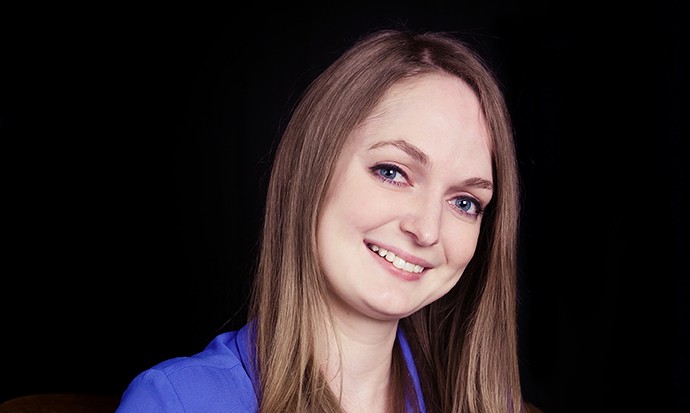
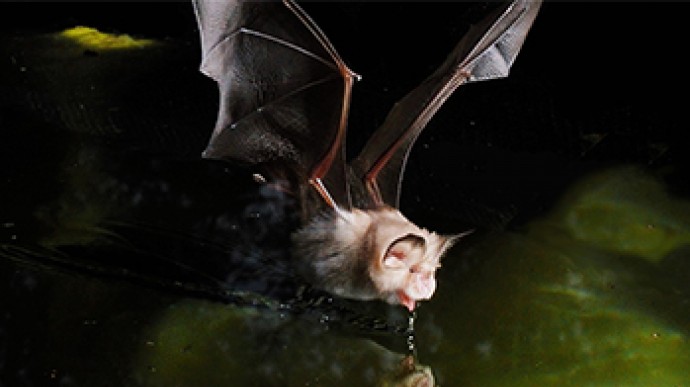 Story
Story
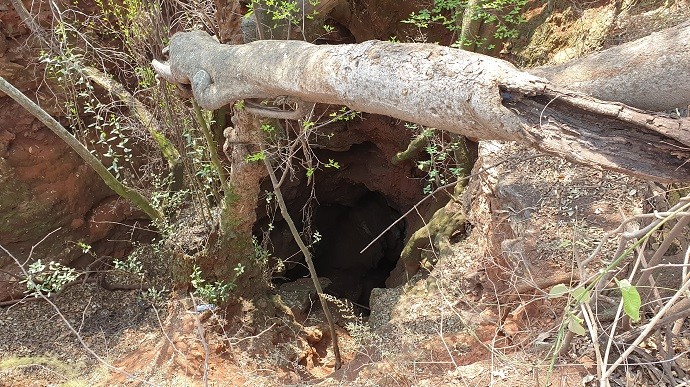 Gallery
Gallery
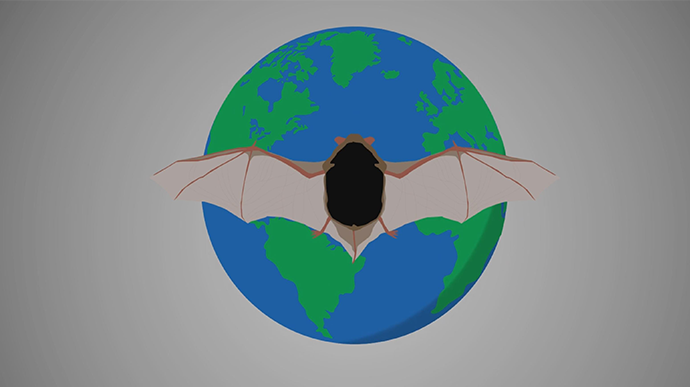 Video
Video
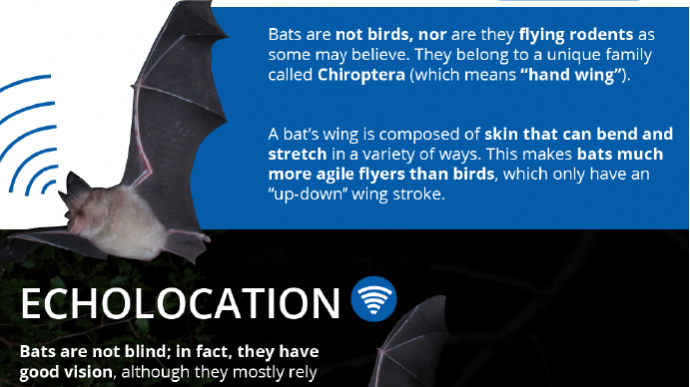 Infographic
Infographic
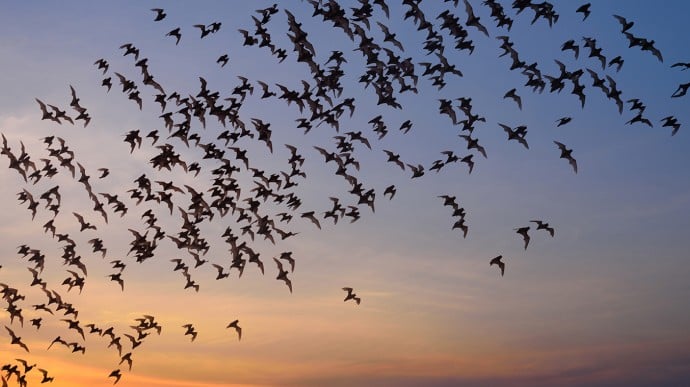 Talking Point
Talking Point
Get Social With Us
Download the UP Mobile App